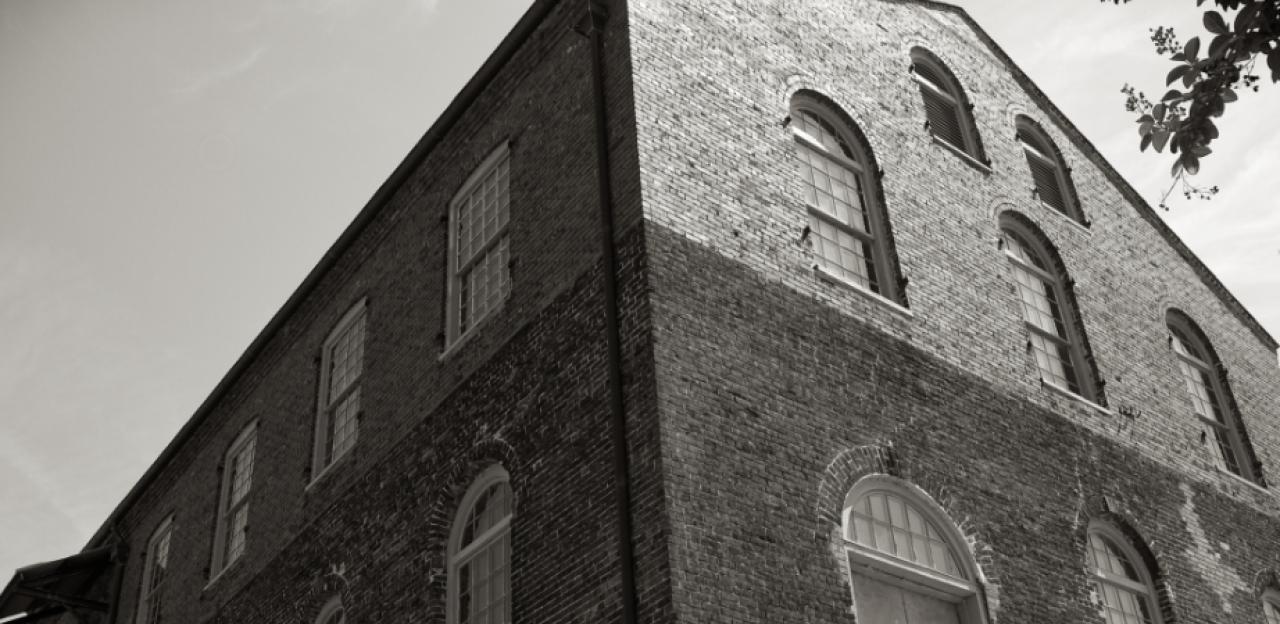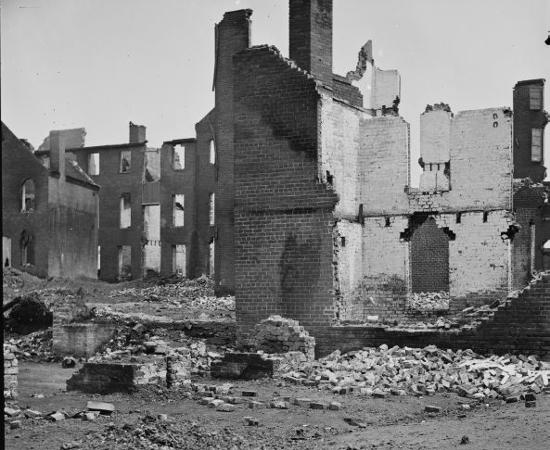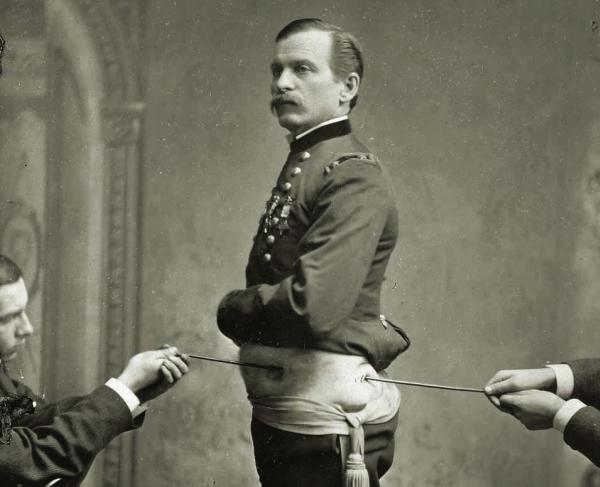Civil War Virginia


Virginia was initially reluctant to secede from the Union. When the men who attended its convention voted for secession in April 1861, it was the third time they had brought the issue to a vote. They voted to secede only after President Abraham Lincoln issued a call to arms in order to suppress the secessionist tendencies in the Southern states. In doing so, Virginians brought upon themselves four years of constant hardship and devastation.
Much of the war was fought in Virginia. The state was the focal point for a number of reasons. First, it had more manufacturers and more mines than any other state of the Confederacy. It had nearly 20% of the railroad track of the Southern states. Its state capital, Richmond, was also the Confederacy's capital and was only 90 miles away - a four day march - from the Union's capital at Washington, D.C. Because armies at that time focused on capturing the enemy's capital, the Federal army concentrated on capturing Richmond. The Confederates in turn worked to capture Washington D.C. The counties in between were doomed to suffer the devastation that follows in the wake of armies. By 1865, the state's handsome towns were wrecked, its manufacturing centers destroyed, its farms ruined. Virginians starved and found themselves prey to foraging soldiers, looters, and lawless bands. Half million men became casualties within its borders.


